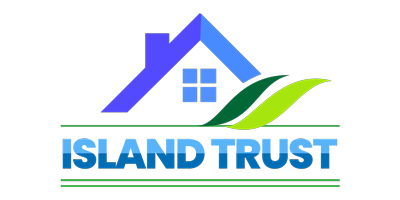There’s no doubt about it, mortgage rates are complex and at times confusing. We all want to end up with the best mortgage rates we can get, but it can be difficult to understand how those rates are set and why they seem to fluctuate so much in the first place. Generally speaking, mortgage rate fluctuations are tied closely to rates set by the Canadian government and big banks. Rate changes are different for fixed and variable mortgage rates, and fluctuations are not always cut and dry. While this overview is somewhat generalized, it is describes the types of mortgages available and what you should expect regarding rates and payments.
Fixed mortgage rates
A fixed mortgage rate means you lock in at a certain rate for a period of time, most commonly 5 years. This rate is based largely on the cost and yields of government bonds, and won’t fluctuate after the fixed rate is set.
Bonds are generally considered safer than stocks for investors. Bond yields are like interest – they are the return investors receive on a government bond when that bond is held to maturity (for example, a 5 year term). Bonds and yields have a negative relationship, meaning that when bond prices increase, yields decrease and when bond prices decrease, yields increase.
Think of bonds in terms of the economy. When the economy is strong and stock market prices are good, investors make higher returns on stocks than on bonds. Therefore demand for bonds decreases, lowering the price of bonds and increasing the yields. When the economy is weak and stock market prices are poor, the demand for bonds increase. Thus the price of bonds goes up and yields go down.
So how are mortgage rates affected by this? Fixed mortgage rates generally have a positive relationship to bond yields. When bond yields are high, so are fixed mortgage rates. When bond yields are low, fixed mortgage rates are low.
In basic terms, you might think of it this way: A strong economy means high stock returns, low bond prices, high bond yields, and therefore high fixed mortgage rates. A weak economy means low stock returns, high bond prices, low bond yields and therefore low fixed mortgage rates.
Variable mortgage rates
Variable mortgage rates operate differently than fixed mortgage rates. They fluctuate more often (monthly), and these fluctuations are tied to prime rates rather than government bonds.
In this case, there are two important rates to consider: the overnight rate and the prime rate. The overnight rate (also called the key interest rate, or key policy rate) is set daily by the government. It is the interest rate at which big banks borrow and trade loans between themselves on a daily basis. This influences the prime rate, which is the interest rate of short term loans between banks and other loan brokers (such as mortgage brokers).
You do take on a little extra risk with a variable mortgage, but if you think the economy will remain strong and rates low, it’s a good opportunity to save a few bucks. We recommend that all prospective home buyers contact us to discuss their financial position and goals. As a broker, our ultimate goal is to help you find the financing that best meets you individual needs, and we’ll take the time to educate you on what to expect.
Variable mortgage rates are directly linked to prime rates, so when the prime rate goes up, so does the variable mortgage rate. When the prime rate goes down, variable mortgage rates do too.

